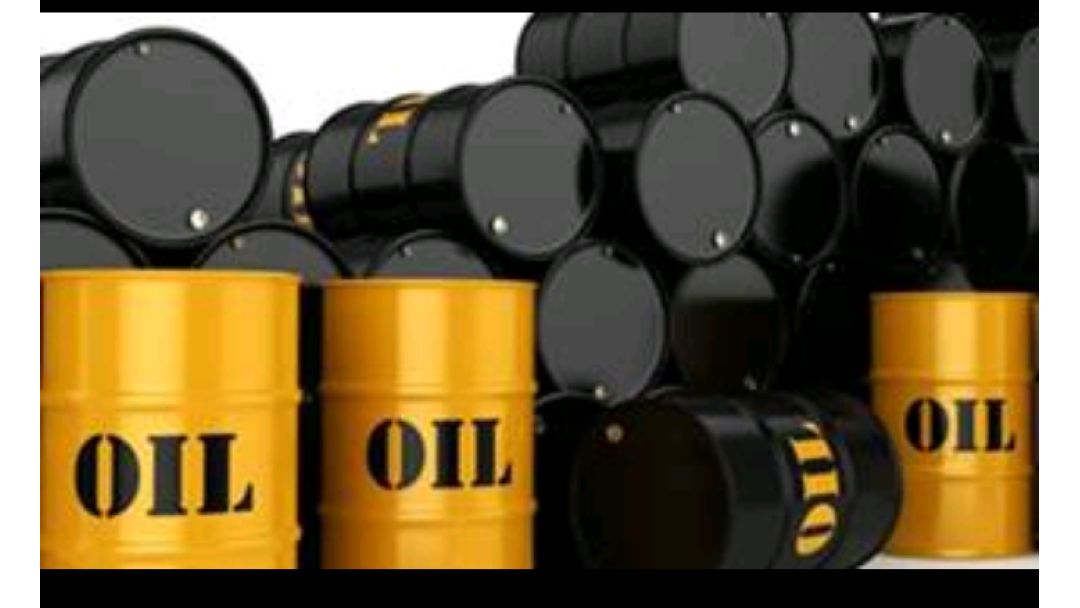1. Impact on Oil Prices (Economic Opportunity & Risk)
Nigeria is a major oil exporter. A conflict in the Middle East—especially involving Iran, a key oil producer—could disrupt global oil supply, pushing oil prices up.
Positive Side: Higher oil prices can boost Nigeria’s revenue and foreign exchange reserves, potentially easing its fiscal pressure.
Negative Side: Volatility and uncertainty in global markets can deter investment and increase operational risks for oil-dependent economies.
2. Inflation and Fuel Subsidies
Rising global oil prices often lead to increased domestic fuel costs, especially in countries like Nigeria that import refined petroleum.
If Nigeria still subsidizes fuel, this could worsen budget deficits.
If subsidies are reduced, the public could face higher transport and food costs, worsening inflation and hardship.
3. Gold Prices and Currency Impact
A rise in gold prices, driven by investors seeking safe-haven assets, can affect Nigeria indirectly:
It can strengthen the dollar, putting pressure on the naira.
It may increase the cost of Nigeria’s external debt repayments, which are largely in foreign currencies.
4. Investor Confidence & Geopolitical Risk
Increased geopolitical tensions make global investors more cautious. This can affect:
Nigeria’s ability to attract foreign direct investment (FDI).
Plans for borrowing or raising funds on international markets.
5. Broader Security Implications
Heightened instability in the Middle East could shift global security dynamics, leading to:
Reduced attention or support for security challenges in West Africa, including terrorism in Nigeria’s northeast.
Potential shifts in military alliances and international diplomacy.

